
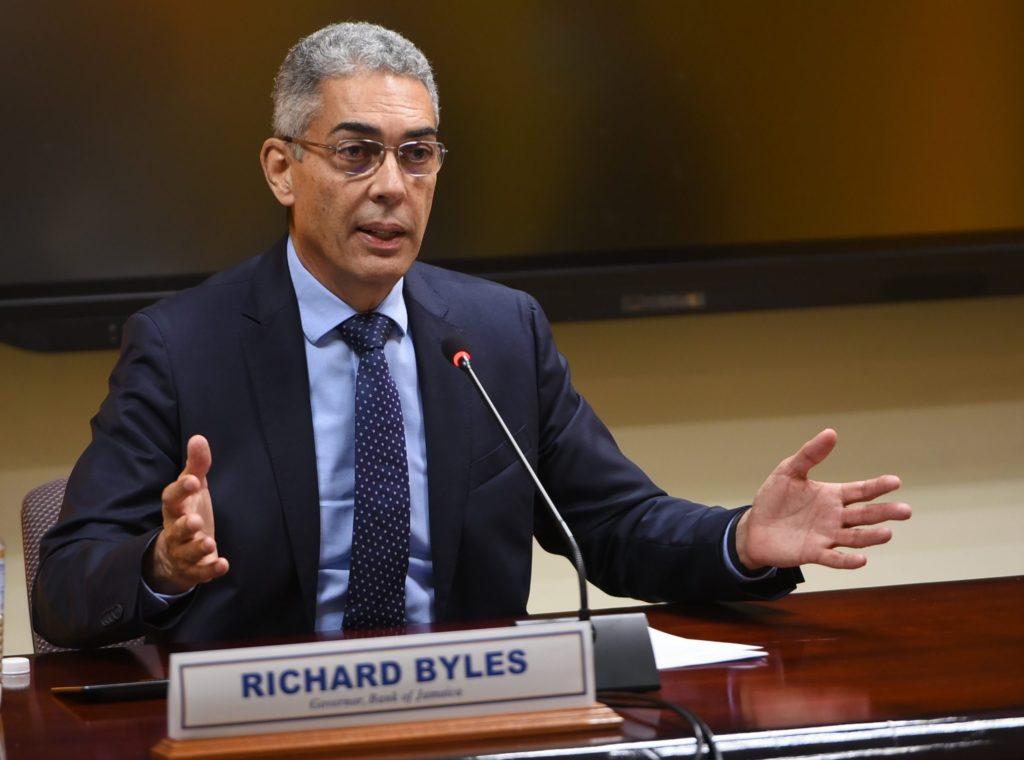
Inflation in Jamaica is easing due in part to the monetary policy efforts of the Bank of Jamaica (BOJ).
This must stick in the throats of those in the business community and commentators who said that the Central Bank had got it all wrong and would end up crippling the Jamaican economy with onerous interest rates which would not tame inflation.
They got it wrong just as much as those who said that increasing inflation was only temporary.
As it now stands, the pernicious effects of runaway inflation has not altogether unsettled Jamaican consumers and businesses – Jamaica is no Argentina.
Don’t uncork the champagne just yet, but annual inflation at April 2023, as reported by STATIN was 5.8 per cent, falling within the BOJ’s target range of 4.0 to 6.0 per cent for the first time since July 2021. This is good news, bearing in mind that inflation peaked at 11.8 per cent last year .
Core inflation (stripping out food and fuel prices) dropped to 5.7 per cent from 6.1 per cent at March . Not bad, considering it was 8.4 per cent at April last year.
The United States Federal Reserve Board has relaxed the pace of its monetary tightening. Taking its cue from the Federal Reserve in addition to easing inflation at home, one can understand the BOJ’s Monetary Policy Committee’s decision last week to hold the policy interest rate at 7.0 per cent and to maintain tight Jamaican dollar liquidity in the market.
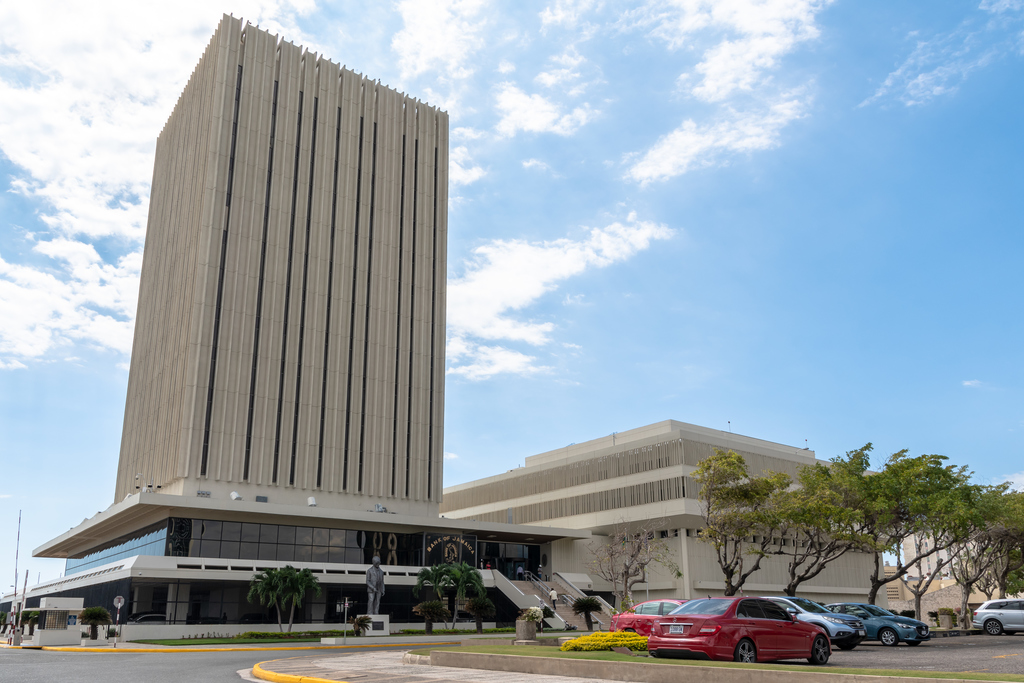
Speaking at the Quarterly Monetary Policy Report press conference held today at the BOJ’s downtown Kingston Nethersole Place headquarters, Governor Richard Byles said: “ The Committee is satisfied that its monetary policy actions since October 2021 have been effective in achieving the objective of reducing inflation but is of the view that there is need to maintain the policy stance until inflation is firmly contained within the 4.0 to 6.0 per cent corridor.
“What is the evidence of the effectiveness of monetary policy? First, interest rates in the domestic money and capital markets and the term rates offered on deposits by DTIs have generally increased in line with the policy rate, with the DTI sector continuing to make small adjustments to rates on saving deposits and loans.
“Second, the flow of new loans to the private sector has also declined appreciably in real terms over the six months to March 2023 by 6.5 per cent, and generally reflects the impact of higher interest rates and the tightening in credit conditions.
“Third, respondents to BOJ’s Quarterly Credit Conditions Survey also indicated that credit terms were expected to tighten further for the June 2023 and September 2023 quarters.

“Fourth, the maintenance of tight liquidity in the financial system, the occasional intervention of the BOJ in the foreign exchange market, has led to relative stability in the exchange rate, which in turn has also had a significant impact on limiting the pass-through of imported inflation to prices in the Jamaican economy. One positive by-product of this process is that in the context of the stability in the foreign exchange market, deposit dollarisation has continued to trend downward.
While things look good now, there could be trouble ahead. The war in Ukraine could become protracted thus continuing to negatively impact grain supplies. The U.S. debt ceiling crisis could see the world’s strongest economy go into default thus speedily bringing on a recession. We have had an unusually hot month of May and reports are that El Nino will be particularly destructive this year. Then there are wage demands brought on by parliamentarians awarding themselves 200 per cent pay rises.
Governor Byles declared: “ The primary mandate of the BOJ and our resolve is to see inflation firmly anchored between 4.0 and 6.0 per cent to allow all stakeholders – consumers, businesses and investors to be able to plan within a macroeconomic environment where inflation is low, stable and predictable.
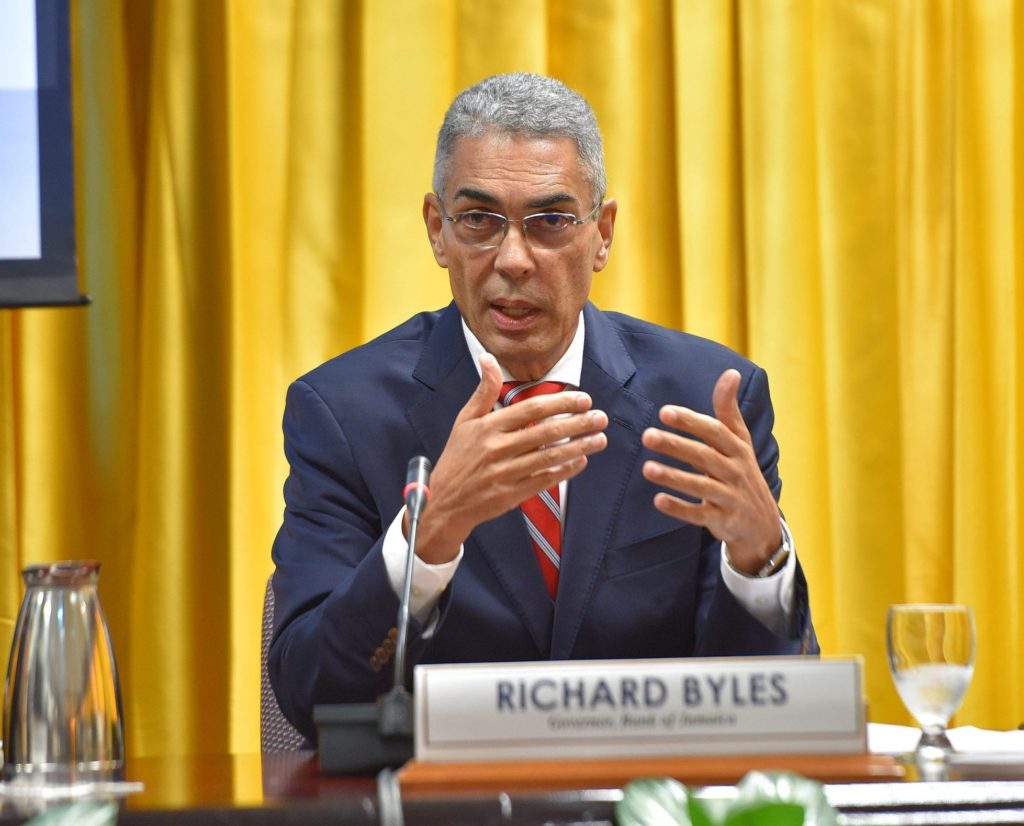
“Among the factors that could lead to lower-than-projected inflation are weaker-than-expected global growth, which could negatively affect domestic demand, and some projected adjustments to regulated prices not materialising.
“We are encouraged by the recent downward trend in inflation over the past few months but are keenly aware of potential risks to that trajectory. The BOJ will therefore continue to closely monitor incoming global and domestic data to make future decisions.”

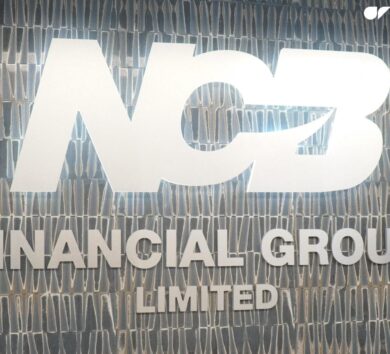
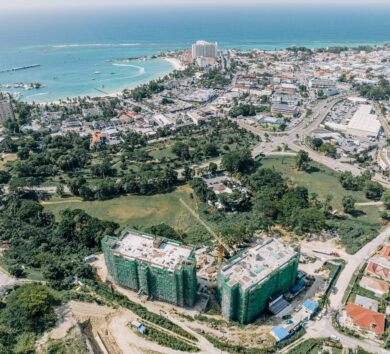

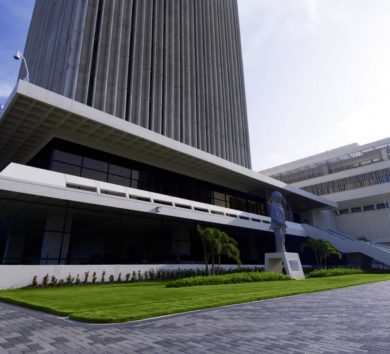


Comments